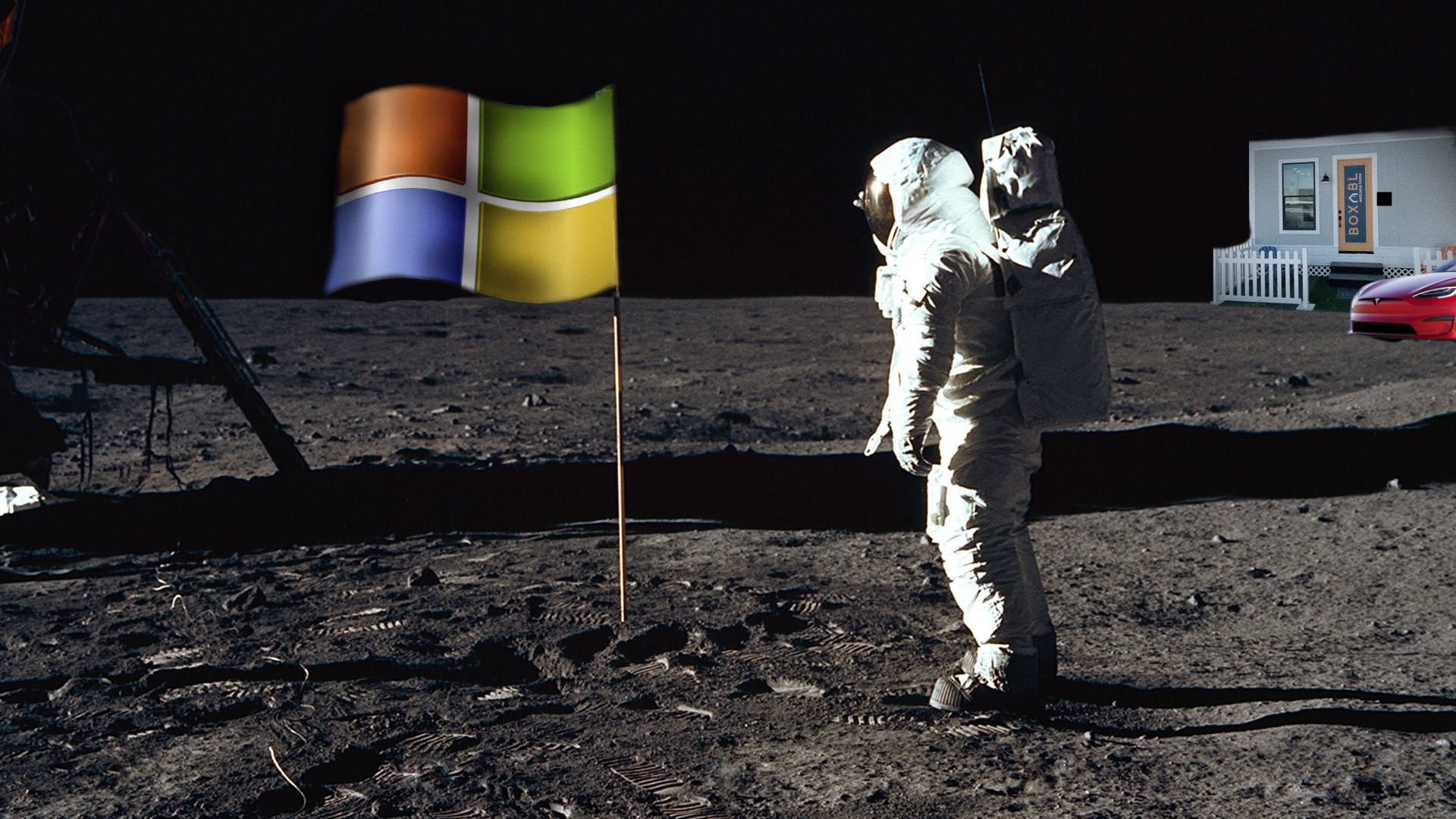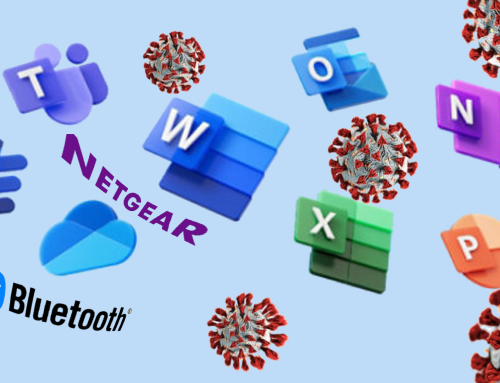How Smart Is Your Home?
Smart home devices are not just here to make our lives more simple like regulating the heating in our homes, warning us if an intruder attempts to break in, or to play our favourite music by simply asking the device to do so. However, though many of us own and use at least one of these types of items in our homes, what may be making our lives better in the respect of doing less to free up more of our precious time has in fact made our homes far less secure.
Here in the UK households on average have 10 smart devices from virtual assistance devices like Alexa, to cameras, computers, thermostats… and televisions, giving criminals not only the ability to turn on your heating, but hear and see if and when you’re at home or not, as well as knowing what goodies you might be about to purchase, where all of your valuables are kept, which cameras to avoid, and where might be the best access point into your home, basically making your smart home an idiot willing to divulge any bit of personal information requested at a drop of a hat, and without letting you know what information it has freely given away.
Which? The consumer publication ran a test, they set up a home environment with many different connected devices from printers and kettles, to TVs and security cameras, and within a matter of minutes they exposed all of the devices.
It is believed that there are thousands of these types of attacks on smart home devices each and every week and with a growing number of people unaware and taking to smart home devices, the problem is obviously not going away anytime soon and is likely to become worse before it becomes better.
One Giant Leap For Man, One Quantum Leap For Computer Kind.
It took 20 years from the early 1940s with the introduction of the world’s first Colossus (room sized computer) to the 1960s before computers were made small enough to have in the home. The original computer based in Bletchley Park used 2,500 vacuum tubes and a series of pulleys to turn the rolls of punch holed paper containing code, the computer was capable of breaking coded messages that normally took weeks within hours.
Though technology generally moves at a faster rate each decade it has take almost the same amount of time, approximately 20 years from it’s discovery in 1998 by Isaac Chuang at the Los Alamos National Laboratory to create a fully operating quantum computer, and though many have been made and are currently being put to the test it was at the beginning of this year thought to be at least another 10 years before quantum computers would be small enough to have in the home.
Well things are about to hot up in the sector and very quickly! Cambridge University has managed to scale down the processors required to process the millions of qubits on a system, and small enough to have in your home, they have created and are testing 50 desktop size quantum computers which have the ability to calculate equations within a couple of minutes that would otherwise take a super-computer 10,000 years to compute.
Need Help With Windows 11 or Your IT Security?
Then look no further! We can help you with all of the above and at extremely competitive prices!
Windows 11 Is Upon Us, But Microsoft Didn’t Leave The Window Open For Everyone!
If you own a computer, specifically a windows based system, that’s at least 1 billion of you, are due (or not!) the latest Windows version, and as exciting as this might be, many of those who had been waiting in line to be the first to trial the software and were hand selected by Microsoft to test the new OS, have been extremely disappointed from the get go. Not because the software isn’t a vast improvement on the old but because their 4 year old state of the art at the time and still more powerful than most modern computers, are not compatible and likely never will be due to the system requirements.
This inevitably could spell trouble for Microsoft as more than 70% of computers running Windows 10 will either need to be replaced imminently if you wish to use the latest OS or have at least until October 2025 to replace their system before Windows 10 is no longer supported.
Reports behind the scenes suggest that Microsoft may be working on a slimmed down version of the new OS to allow more computers to make the upgrade, subsequently Microsoft have removed the compatibility testing tool on their website until further notice.
IT Supply Chains Targeted By Russian Hackers
Since Last Friday (2nd July 2021) hundreds of IT management software suppliers have come under attack by what is thought to be the same group of cyber criminals who took down the US beef supplier JBS just weeks prior, as well as breaking into US federal agencies and corporate email networks.
Patches to the vulnerabilities are still only in the testing phase for many of the affected IT suppliers, Kaseya came out with a statement to say that roughly 40 of there 36,000 customers were affected by the attack allowing criminals access to remote monitoring and patching capabilities on client systems, many of these connections have since been shut down.
Huntress ThreatOps said they are aware that at the very least 8 of their cloud service providers were hit, therefore the number of ransomware victims is likely to be far higher.











